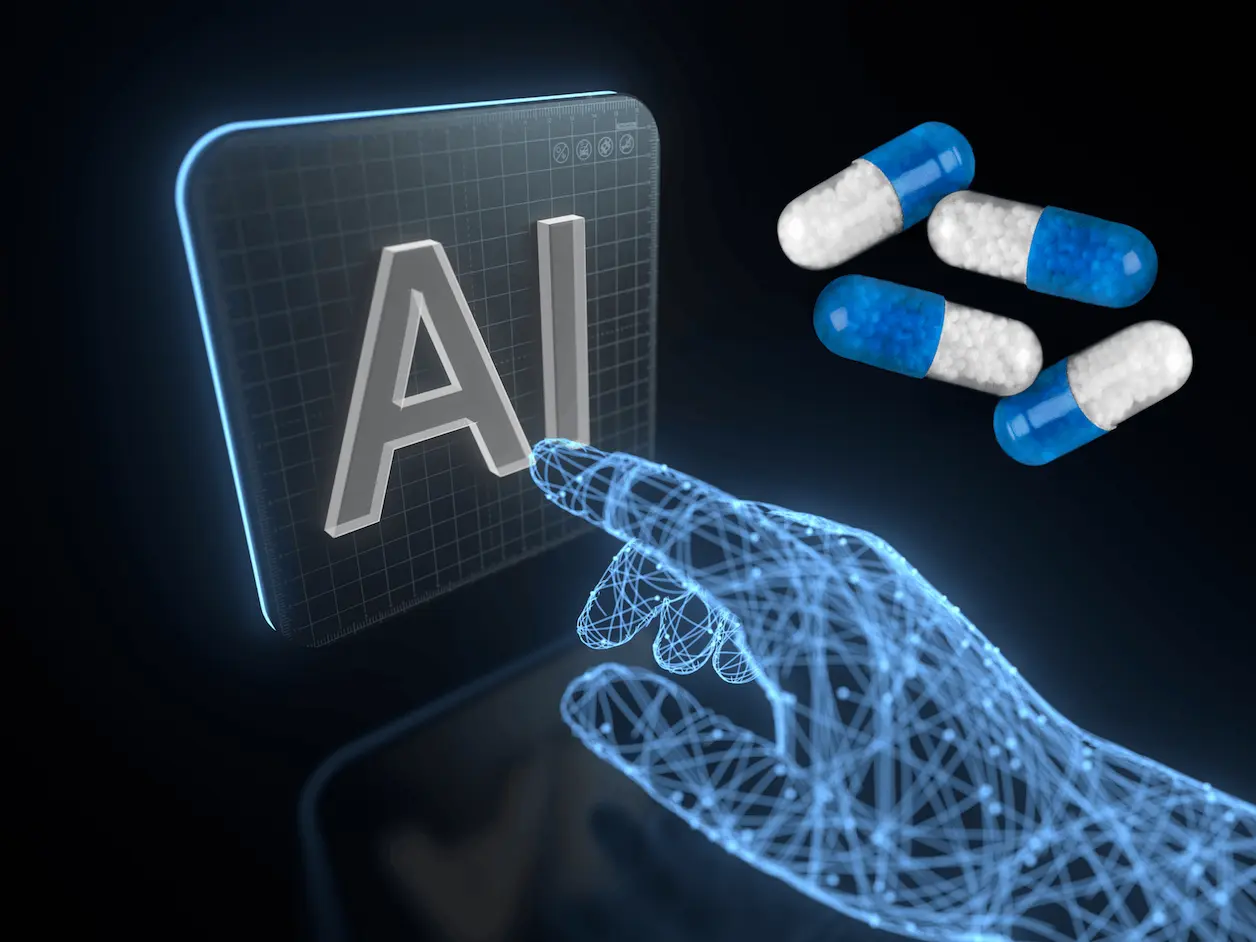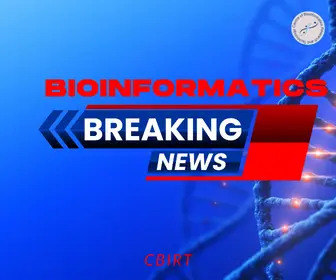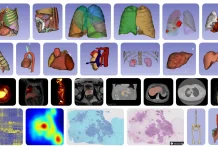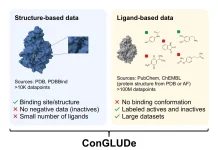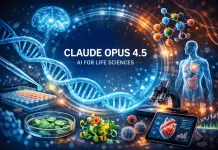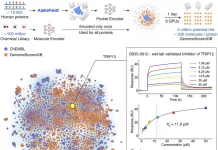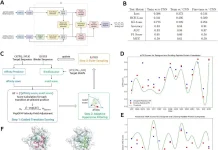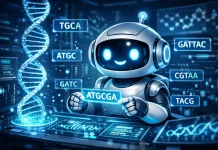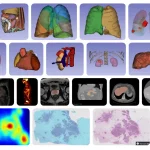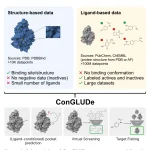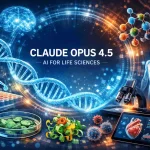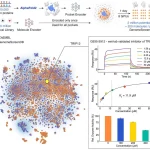Drug discovery is a process known for being slow and expensive. A great number of optimistic molecules disappear in clinical trials while patients wait and researchers become frustrated. Here comes artificial intelligence (AI), which may be a game-changer that is altering our approach to identifying new drugs. However, have these AI-discovered drugs been successful in clinical trials? This is what a recent study has revealed.
An article published in Drug Discovery Today by researchers examined the clinical performance of drugs in AI-native biotech companies. These firms mainly rely on applying artificial intelligence approaches to streamline drug discovery, starting from target identification and leading to the design of potential drugs. Specifically, this research assessed the success rates of these drugs at Phase I as well as Phase II levels during clinical trials.
Phase I Success
Promising results were seen from Phase I trials, which dealt with safety and dosage. 80-90% of drugs discovered by AI were successful, unlike the historical industry average rate of 40-65%. This implies that AI algorithms are good at making molecules similar to drugs that can be taken orally without any problem.
This high performance might be attributed to several reasons. For instance, AI focuses on validated biological targets and pathways only, thus reducing the possibility of unexpected toxicity. However, it also succeeded with novel targets, suggesting that AI is not limited to established pathways. In addition, AI algorithms may have been trained using data on previously successful drugs, which makes them better for further improvements in new molecules. It is, therefore, possible that by going through vast chemical spaces quickly, AI can identify molecules that have improved drug-like properties.
Phase II Performance
The picture became blurred in Phase II, where efficacy is evaluated. At this point, the success rate for drugs discovered by AI was about 40%, a number that is in keeping with industry norms. This means that although AI can create safe molecules, it has difficulties identifying drugs that possess suitable biological effects.
However, the story isn’t purely black and white. Poor business decisions or clinical operation challenges rather than the drug have accounted for some Phase II failures, and it demonstrates how sophisticated drug development can be; success depends upon factors other than just the drug molecule itself.
The Future of AI-Driven Drug Discovery
However, the study remains optimistic about the ability of artificial intelligence to shape drug discovery and development in the future. Thus, if their tested success rates hold in later clinical stages, AI could increase R&D productivity by wide margins. Consequently, this would accelerate drug development processes, thereby providing patients with relief earlier. Additionally, the research highlights other novel areas, such as using AI to analyze big data sets comprising genes and disease information aimed at new drugs.
Looking Ahead: Challenges and Opportunities
However, there are still some roadblocks about AI-powered drug discovery. One drawback lies in data access; often scarce is quality data useful for teaching algorithms of artificial intelligence (AI). Another hitch arises from biological systems’ inherent complexity that can hardly be comprehended entirely by AI models.
But there are many positives, too. By way of better AI techniques and improvements in technology, we should expect more success stories within these sectors. These encompass certain tips:
- Better Prospecting for New Drug Targets: AI can perform complex analyses of vast amounts of data to discover potential new drug targets, including in areas where the current treatment options are limited.
- More Effective and Informative Early Testing: AI could be used to come up with more effective and reliable preclinical tests that will help pharmaceutical companies identify the most promising candidates faster.
- Personalized treatment: With unique clinical gene expression and genetic profiles, this involves tailoring therapeutic interventions specifically to individuals.
Conclusion
The first results were positive on whether or not AI could change how drugs are discovered. However, more remains to be done, although things appear brighter going forward. It is conceivable that we might see a new range of powerful and innovative medicines worldwide as AI technology advances further and research methods become more refined.
It is encouraging to observe high success rates for AI-designed drugs in phase I trials. This means that AI can be useful in recognizing molecules with drug-like properties, which is an important first step. AI could help substantially improve the productivity of R&D and hasten the identification of new life-saving solutions. This realm is ripe with possibilities; who can say that it won’t be machines that give us the next breakthrough?
Article Source: Reference Paper
Follow Us!
Learn More:
Anchal is a consulting scientific writing intern at CBIRT with a passion for bioinformatics and its miracles. She is pursuing an MTech in Bioinformatics from Delhi Technological University, Delhi. Through engaging prose, she invites readers to explore the captivating world of bioinformatics, showcasing its groundbreaking contributions to understanding the mysteries of life. Besides science, she enjoys reading and painting.

